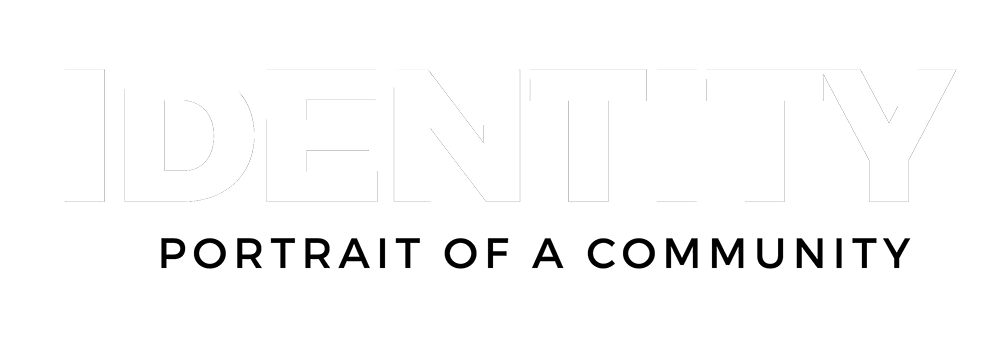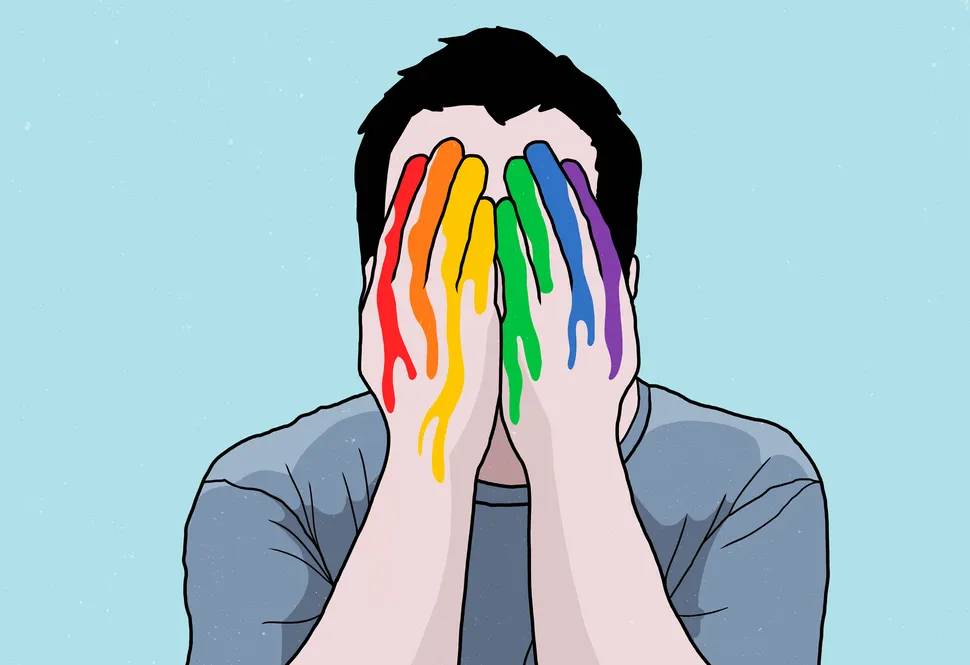These comments about sexual orientation or gender identity may seem minor, but can actually be quite hurtful or offensive.
Kelsey Borresen, Huff Post
When you’re an LGBTQ person living in a heteronormative, cisnormative world, encounters of subtle discrimination, known as microaggressions, are a frustrating yet often unavoidable part of daily life.
Microaggressions are the everyday “slights, snubs, or insults, whether intentional or unintentional, which communicate hostile, derogatory or negative messages” to members of a marginalised group, according to Teachers College, Columbia University psychology professor Derald Wing Sue, who has written several books on the subject.
- Assuming one partner is the “man” and the other is the “woman” in queer relationships.
- Referring to being LGBTQ as a “choice” or “lifestyle.”
- Asking invasive questions about someone’s body like, “What parts do you have down there?”
- Telling someone that they don’t “look non-binary.”
- Expecting a gay person to have a certain personality or interests based on stereotypes.
- Asking a trans person when they’re having “the surgery.”
- Assuming a queer person can’t relate to straight people.
- Asking a lesbian how they have sex.
- Refusing to use gender-neutral pronouns because it’s “too hard” or “grammatically incorrect.”
- Asking a person if they have a boyfriend/girlfriend/husband/w
ife based on their gender expression. - Thinking you can “turn” a person straight.
- Excluding an LGBTQ person’s partner from family activities.
- Speaking on behalf of LGBTQ people without letting them have a voice in the room.
- Asking someone you just met to share their coming out story or sexual history.

